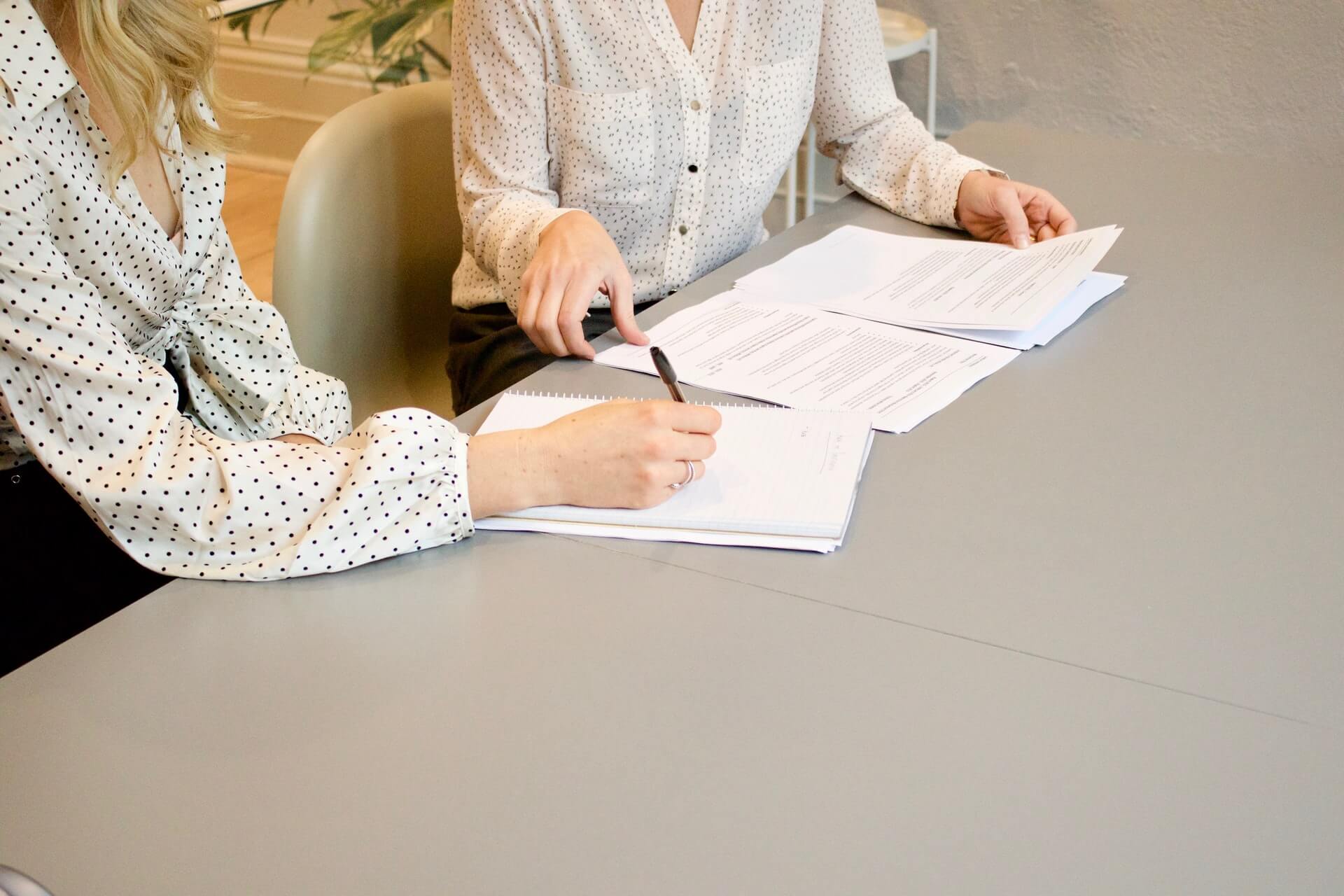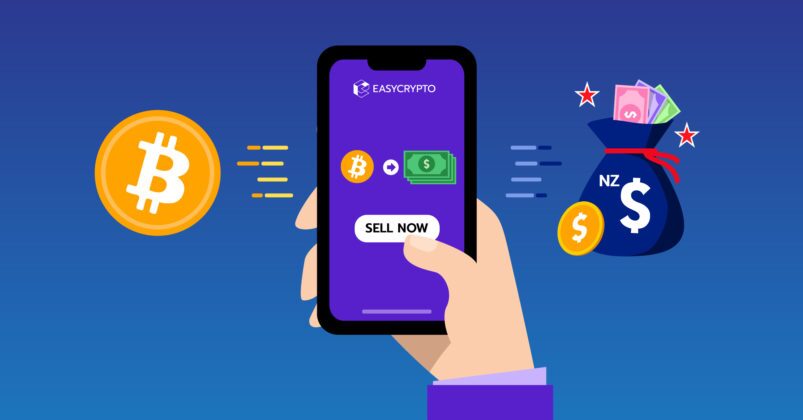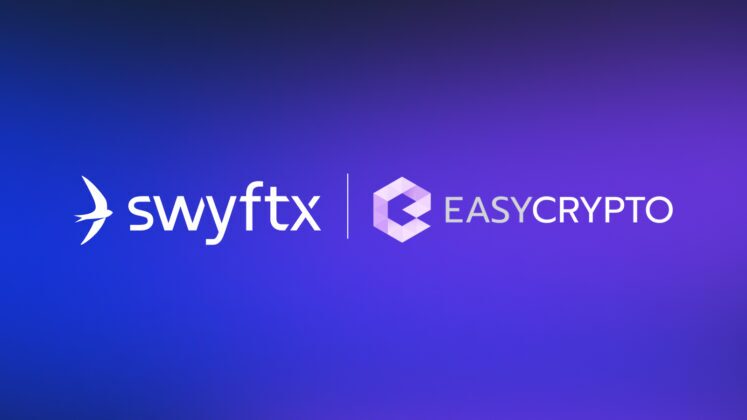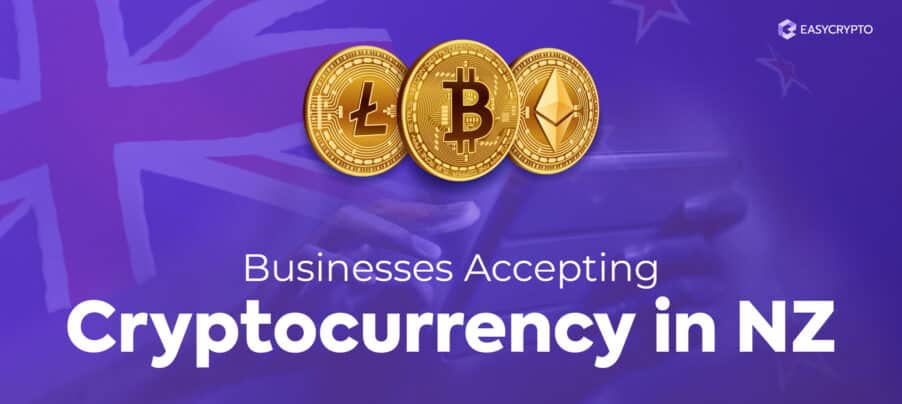A case study on Multi-Level Marketing
Zee is a mother-of-two. She works full-time as a retail assistant and resides in Auckland, New Zealand. She has been dutifully contributing to her KiwiSaver.


Zee is a mother-of-two. She works full-time as a retail assistant and resides in Auckland, New Zealand.
She has been dutifully contributing to her KiwiSaver while saving towards a house for years, so when a co-worker approached her about an opportunity to “make some big money”, Zee was moved.
Zee’s co-worker told her that she could “make it big” by investing in cryptocurrency:
“She assured me that she was already getting a constant flow of income. She said it made a big difference to her life and the people she knew: buying houses, and cars. She said it was guaranteed money, and that it was all good – nothing could go wrong.”
The fact that Zee had known her co-worker for a long time meant she trusted what she was saying:
“We’re like family friends. She knew my kids, and I knew her husband. We went to the same church, and we worked closely. She’s smart too, and I looked up to her, so I thought she wouldn’t do anything too risky with her money.”
Relying on acquaintances
The co-worker showed Zee a screenshot of her own account with the scheme, called XYZ coin, including how much she had put into it herself:
“She told me it’s this new cryptocurrency investment, called XYZ coin. It would soon “take off”, that’s what she said. At first, I said I needed more time to think, but every day she was telling me that prices were going to go up and that the coin sale was limited. I didn’t want to miss out, so I agreed to join their educational group – it’s a paid package that will guide me on how to invest in XYZ coins.

Zee paid $4000 into her co-worker’s personal bank account. Part of that money she used for the registration was from her long-term savings for her house deposit.
A week later she attended an XYZ coin seminar, but it was there she decided it wasn’t for her. She told her co-worker this and said she wanted her money back, but was told it was “too late”. Her co-worker said she’d already verbally agreed to XYZ’s terms and that there was a “no cancellation” policy, despite the fact that Zee was not informed.
Zee’s co-worker refused to pay Zee anything back:
“By then she’d stopped communicating. I called her for a week straight. She didn’t return my texts and calls, and avoided me at work.”
Zee then contacted the FMA to report her case, but she has never got her money back.
Learning points for case study
- With how cryptocurrencies and the blockchains work, if anything goes wrong it can be difficult to get your money back.
- Do not assume something is safe just because someone you know recommends it.
- Always be aware if you’re asked to pay by wire service, credit card, foreign bank, or into a New Zealand bank account with a different name than the investment. You can never be overly cautious.
- Double-check that the investment scheme is not on the FMA’s Warnings and Alerts lists.
- Be wary of taking financial advice from someone who is not registered as a financial adviser on the Financial Service Providers Register.
Hopefully, this case study has given valuable insight and serves as a reminder to always make informed decisions based on your own independent research, and not rely solely on the words of an acquaintance.
For more insights, information, and the latest updates on cryptocurrency, explore the different topics we’ve published on Easy Crypto.
Share to
Stay curious and informed
Your info will be handled according to our Privacy Policy.
Make sure to follow our Facebook, Twitter, Instagram, and YouTube channel to stay up-to-date with Easy Crypto!
Also, don’t forget to subscribe to our monthly newsletter to have the latest crypto insights, news, and updates delivered to our inbox.
Disclaimer: Information is current as at the date of publication. This is general information only and is not intended to be advice. Crypto is volatile, carries risk and the value can go up and down. Past performance is not an indicator of future returns. Please do your own research.
Last updated February 18, 2025





